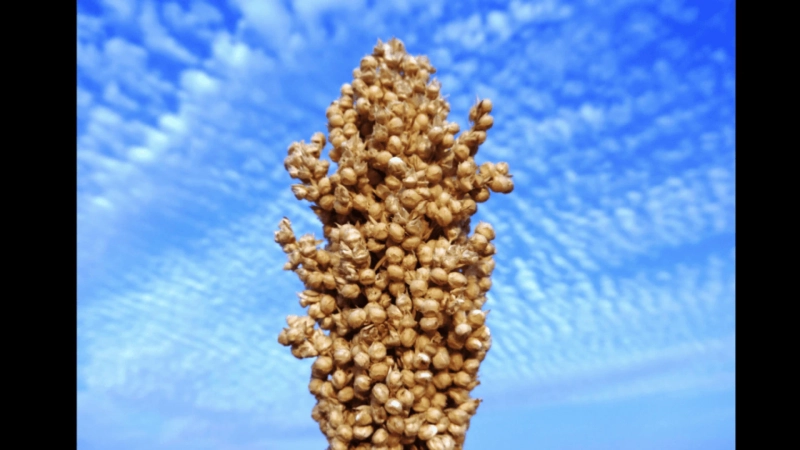While you may have never heard of sorghum before, this grain has been around for centuries.
It’s rich in nutrients and easy to add to your diet, but its merits don’t stop there. It’s also widely used as a natural and cost-effective fuel source.
This article reviews the nutritional content and many uses of sorghum johar flour.
Origin
Sorghum is an ancient cereal grain belonging to the grass family Poaceae. It’s small, round, and usually white or yellow — though some varieties are red, brown, black, or purple (1Trusted Source).
There are many species of sorghum, the most popular being Sorghum bicolor, which is native to Africa. Other popular species are native to Australia, India, and other Southeast Asian countries (1Trusted Source).
Although sorghum is less known in the Western world, it’s the fifth most produced cereal crop in the world, with an annual production of around 57.6 million tons. Farmers favor this crop due to its tolerance to drought, heat, and various soil conditions (1Trusted Source).
In North America, sorghum is commonly used in animal feed and ethanol fuel production. That said, interest in using it for human food is increasing, thanks to its impressive nutritional profile (1Trusted Source).
In its whole form, this grain can be cooked like quinoa or rice, milled into a flour, or popped like popcorn. It’s also converted into a syrup that’s used to sweeten many processed foods.
Sorghum nutrition
Sorghum is an underrated, nutrient-rich cereal grain. Half a cup of uncooked sorghum (96 grams) provides (2Trusted Source):
Sorghum is rich in a variety of nutrients, including B vitamins, which play an essential role in metabolism, neural development, and skin and hair health
0


